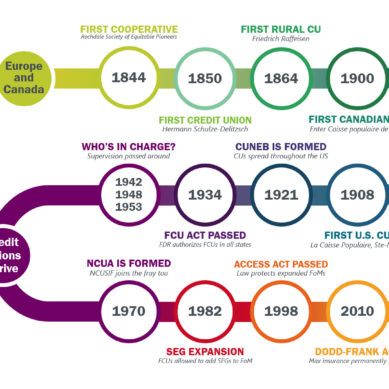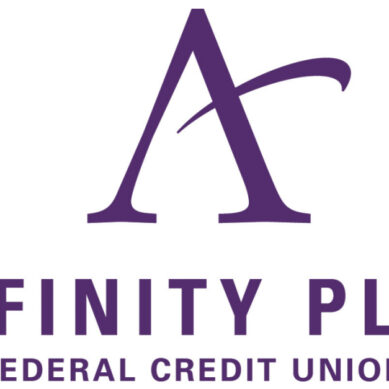Read more at the Washington CU Daily
The National Credit Union Administration board voted Thursday to maintain the current temporary maximum interest rate of 18% for virtually all loans through March 10, 2023.
Federal law sets a 15% interest rate ceiling for credit unions, but the NCUA board may increase that rate. If the board had not taken that action, the interest rate automatically would have dropped to 15%. The only exception is for loans modeled after the NCUA Payday Alternative Loan Program; those loans have a maximum interest rate of 28%.
NCUA staff members said that lowering the ceiling below 18% would threaten the safety and soundness of certain credit unions.
Board member Todd Harper urged credit unions to design loan products with interest rates as low as possible. “Going forward, I encourage all credit unions to offer their members lower rates whenever possible and to develop affordable loan products that include a savings feature,” he said. “Providing members with an easy way to save for a rainy day will help them weather small emergencies that might otherwise have caused them to go to a payday lender.”
Board member Rodney Hood said he believes the board should explore the possibility of adopting a floating interest rate and Harper agreed that it was worth investigating.
Hood and Harper also agreed that the agency should explore ways to improve its interactions with credit unions. Hood suggested that the agency form an advisory board of credit unions. “It is important now more than ever that we hear directly from credit unions,” he said. “We need to do a much better job of getting on-the-ground feedback.”
The board adopted a final rule to remove the prohibition on the capitalization of interest in connection with loan workouts and modifications. “This rule is another targeted measure by the NCUA Board aimed at helping credit unions and their members navigate the COVID-19 pandemic’s economic environment,” Harper said, noting that the rule gives credit unions parity with banks.
Board member Kyle Hauptman said that many credit unions took advantage of loan forbearance opportunities included in coronavirus economic stimulus legislation. “As the economy heals, and forbearance is no longer needed, many member-owners may be unable to meet the original loan terms,” he said. “This rule change will provide credit unions a mutually beneficial option to help members-owners stay in their homes.”
The board also adopted a final rule intended to ease the impact of the Current Expected Credit Losses standard. Under the CECL standard, institutions will have to recognize the expected lifetime losses at the time a loan or financial instrument is recorded. The effective date of CECL has been pushed back until January 2023 for credit unions.
“Consistent with regulations issued by the other federal banking agencies, the final rule will temporarily mitigate the adverse [prompt corrective action] consequences of the day-one capital adjustments, while requiring that [federally insured credit unions] account for CECL for other purposes, such as Call Reports,” the agency’s staff said, in explaining the rule.
Hauptman and Hood said they believe that credit unions should not be subject to CECL. “The original CECL did not start with credit unions, as it was born from the financial crisis of 2008-09,” Hauptman said. He said that CECL is intended to protect shareholders. He added, “As financial cooperatives, credit unions have no shareholders.”
Hood said that when he was chairman, he appealed to the Financial Accounting Standards Board to exempt credit unions from CECL. “When it comes to credit unions, CECL is a solution in search of a problem,” he said.
During the meeting, Hood also asked Harper to ensure that the board consider a final rule governing Credit Union Service Organizations as soon as possible. In January, while Hood was still chairman, the board approved a proposed rule that would expand the types of activities that CUSOs can engage in. The proposed rule would allow CUSOs to originate any type of loan that a federal credit union may originate and would provide the agency board with more flexibility in determining the legal activities of CUSOs. Harper opposed that proposed rule; it has not come back to the board in final form.






























































